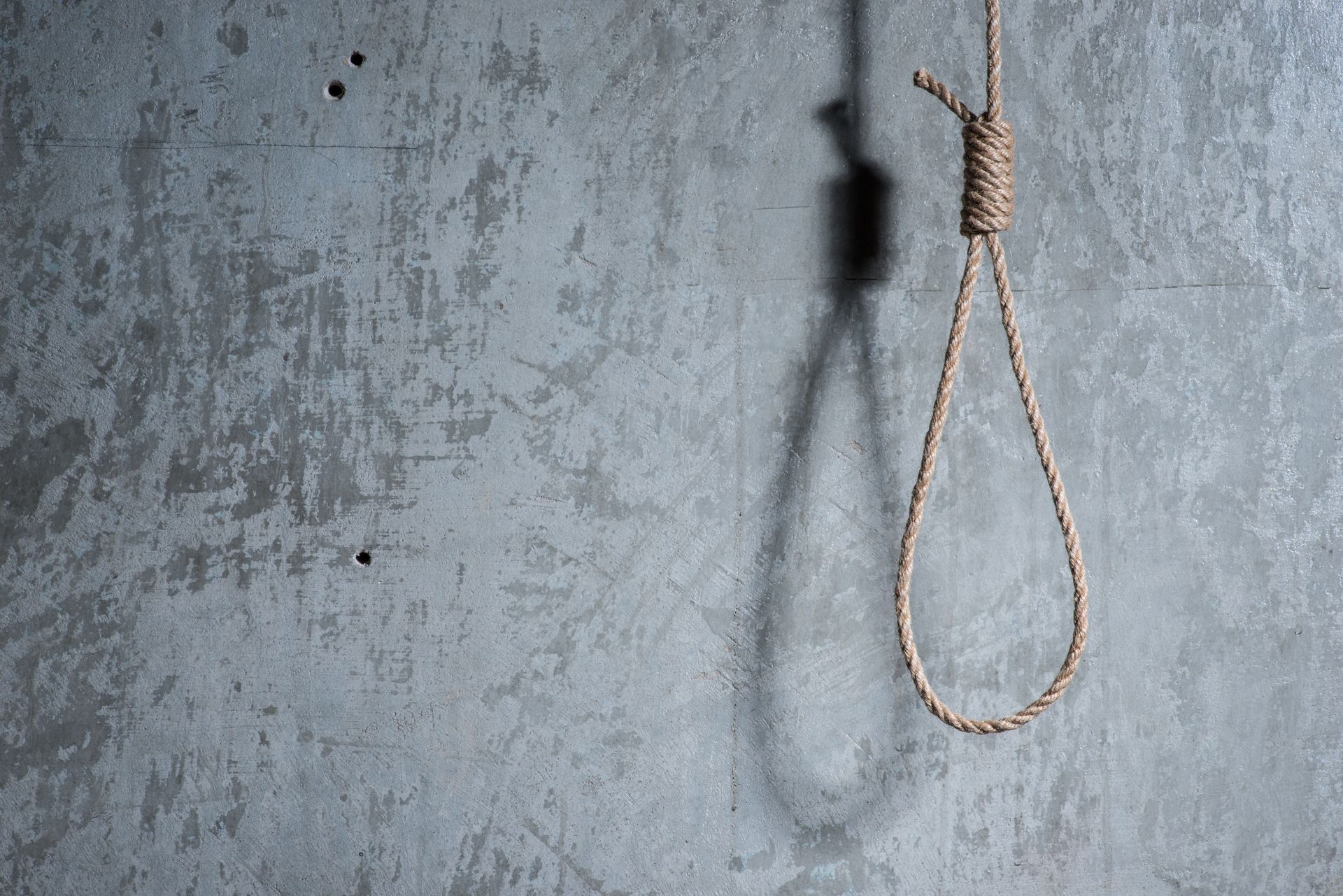Our Core Focus:
When Medical Systems Fail: Understanding Suicide Malpractice
Suicide malpractice happens when a healthcare provider, mental health facility, or correctional institution fails to provide the legally required standard of care to someone at risk for suicide.
These failures can include:
Insufficient supervision or monitoring of high-risk individuals
Ignoring or misinterpreting suicide risk assessments
Discharging patients too early or without proper safety planning
Overlooking behavioral red flags indicating distress
Leaving access to means of self-harm
Failing to act in jail, prison, or detention settings
If these lapses result in a death, the facility may be held liable under medical malpractice law.
Who We Help: Families Seeking Justice After Institutional Suicide
We represent grieving families whose loved ones died by suicide while in the custody or care of:
- Psychiatric hospitals and inpatient mental health units
- Drug or alcohol treatment and detox centers
- Emergency rooms and general hospitals with mental health oversight
- County jails, prisons, and juvenile detention centers
- Behavioral health facilities
If your loved one died while under professional watch, you're not alone—and we’re here to help you seek the justice you deserve.
Why Paul Ford Is Committed to These Cases
"Most law firms won’t take suicide malpractice cases. They’re emotionally charged, medically complex, and legally demanding. But at our firm, this isn’t just a practice area—it’s a mission.
Attorney Paul Ford lost his own brother to suicide. That deeply personal loss fuels a relentless drive to support families who have endured the same heartbreak. Paul understands not only the law but the grief, betrayal, and emotional toll these tragedies leave behind.
When a mental health provider or institution fails in their duty, and a life is lost as a result, we stand beside families to demand the answers and compensation they deserve. For us, it’s not just a legal case—it’s personal."
- Paul Ford
These are not coincidences. They are the result of
underfunded care, institutional neglect, and lack of accountability.
10th
Suicide is the 10th leading cause of death in the United States.
#1
It is the #1 cause of death in psychiatric hospitals.
First week
A majority of inpatient suicides occur within the first week of admission.
Rates
Suicide rates continue to rise—especially among young adults and veterans.
How We Can Help
We conduct thorough investigations, consult medical experts, and take these cases to court when institutions refuse to acknowledge fault. You can expect:
01
A compassionate and honest conversation about your case
02
A deep understanding of both medical protocols and legal responsibilities
03
A trial team prepared to challenge hospitals, jail administrators, and insurance defense attorneys
Skip Simpson
Hello. My name is Skip Simpson. I am an attorney from San Antonio Texas. I have dedicated the majority of my career to handling suicide malpractice cases. It is all I do. I am passionate about it. Very passionate.
You won't find many lawyers recommending other lawyers on websites, but this is an exception. I met Paul Ford several years ago, and we have worked together on numerous cases; he is an exceptionally skilled trial lawyer. Paul's life was changed when his brother, a physician, died by suicide. Paul has taken his unique perspective and used it to relate to our clients in a way few if any other lawyers can do.
As I continue my dedicated journey, I nevertheless, at this stage in my career, need to know someone exactly like Paul will carry on the good fight for our special clients. I take great pride in working with Paul as I teach him from my years of experience. I know he will continue to carry the torch and represent families who have been shattered by suicide. I highly recommend him.

